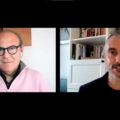
Workshop
What plants, the economy and the 26th UN Climate Change Conference have in common
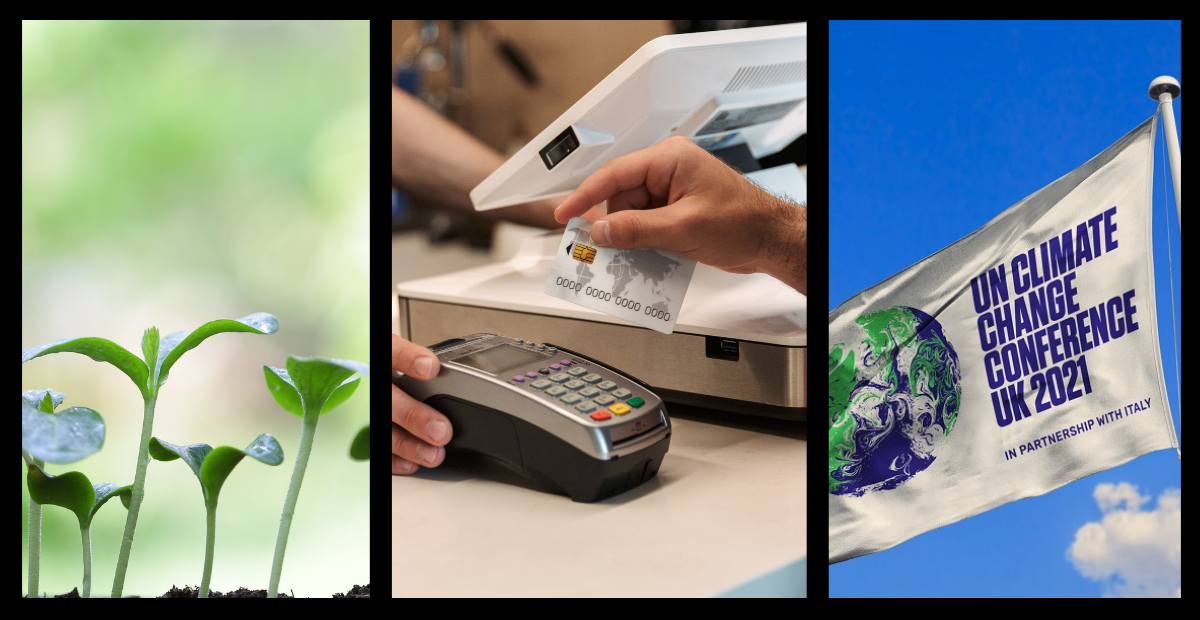
If you don’t happen to be the owner of a flower shop on a street in Glasgow, Scotland, connecting plants with the economy and COP26 doesn’t seem to make sense. But be careful, because great ideas are often born from the most unimaginable connections.
This year was marked by major international events and global conventions. Sports, nutrition, the economy and climate change are just some of the topics that were spotlighted. These are all important issues, but they were almost always dealt with separately in isolation from each other. Perhaps this is precisely what is most revolutionary significance and the message of one of the greatest events of this year: the Economy of Francesco (EoF).
“Everything is connected,” Pope Francis repeats several times in his Encyclical Letter Laudato Si’. The text has been an inspiration for this movement of young economists and entrepreneurs from all over the world, which, for the second consecutive year, is preparing a global event for bringing the economic and social issues of our time to the center of the discussion and defining new economic and social models. During this year’s event, some major academic and concrete, financial and entrepreneurial proposals will be presented, including a little known and rather innovative one known as the Plant Economy.
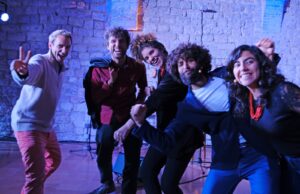
What do the plants teach us?
The expert invited to address this issue on October 2 is Stefano Mancuso, a renowned Italian botanist, professor at the School of Agriculture, Food, Environment and Forests at the university he graduated from, the University of Florence. In his book Verde Brillante. Sensibilità e intelligenza vegetale, Mancuso explains how the evolution of plants has taken a very different direction from that of animals. Plants have been able to develop a much more effective way of survival than animals, since, instead of depending on one organ that commands all the others, they have developed sensory organs that work together. “Being endowed with strong organs (like animals) is also a weakness,” says Mancuso, explaining that we humans need two lungs, a heart and a brain to function. If one of them is missing, we die. This is not the case with plants.
In his most recent book, Plant Revolution. Le piante hanno già inventato il nostro futuro, the scientist points to a first point of connection between plants and economy. The survival of the animals depends on the consumption of resources and the possibility to nourish themselves on other living things. Whereas the animals are only able to understand their similar, plants are able to create systems within which they are able to establish relations with other organisms (mushrooms, animals, atmosphere), taking advantage of resources and creating new ones. Plants manifest features of the circular economy.
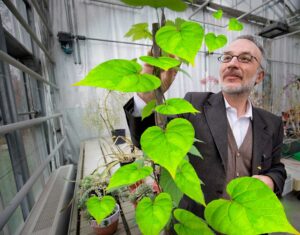
Plants and entrepreneurship to create a new system
This is the basic question that Scientific Director of The Economy of Francesco, Professor Luigino Bruni, poses in his book Capitalismo infelice (Unhappy capitalism). What does plant intelligence have to say to the economic and corporate world? In an analysis of economic history, Bruni shows that the economy has always looked for external models for inspiration: Newtonian mechanics, for example, the adoption of the biological-evolutionary paradigm, and so on. However, no one has ever adopted the plant paradigm. “What could economic science have become if two centuries ago economists had adopted the vegetable paradigm instead of the animal, mechanical, organic, biological one?” Bruni asks.
Although the book does not give a direct answer to this question, Bruni emphasizes that the current economic system based on an animal model, has given rise to businesses and finance that is willing to attack and devour smaller ones in order to survive. It is a system that causes the entire body to fail if a single organ fails.
At the same time, Bruni also recalls that Europe has witnessed a form of enterprise that can be traced back to the plant model – the cooperative. Bruni concludes by emphasizing that “innovation is becoming the new mantra. So, it might be useful to recall that innovation is a word that comes from the field of Botany and is used to refer to shoots and new branches.”
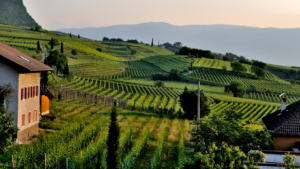
A concrete proposal
The grand paradigms are essentially models that have concrete impact. They can be translated into action words. This is why the object of the Economy of Francesco is to change the economic paradigms. During the October 2 event organized by the young economists, besides presenting the Plant Economy, Stefano Mancuso will launch a project in view of COP26, the global conference on climate change that will be held in Glasgow, in collaboration with Italy.
The plant a billion trees idea. Mancuso explains: “It is clear that we should no longer continue to allow the use of fossil fuels. But this path – even if it is unavoidable – might be very long. Therefore, I go back to affirming that planting a sufficient amount of trees (which eliminate carbon dioxide from the atmosphere) is one key solution. Let’s strongly propose it in Glasgow – that every country on Earth plant its own share of trees.”
The Economy of Francesco event will provide a platform for giving a voice and substance to this and many other projects. It will feature young people who for two years have built collaborative networks and research and business projects that now come to light as models to pave the way for a new economy.
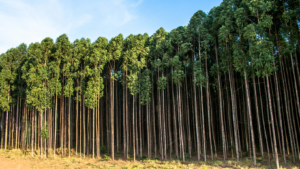
Poverty, finance, work, ecology and business are the main themes, enriched by the language of poetry from different nations and by spirituality. Because, to quote Pope Francis, “it will not be possible to engage in great things starting only from a theory or from an individual, without a spirit that animates you, without an inner motivation that gives you a sense of meaning, without a feeling of belonging and without a rootedness that gives impetus to personal and collective action.”
Live from Assisi, Saturday, October 2, 2021, at 1:30 pm (Italian time). An open online event bringing you a moment of encounter with other regional projects.
You can follow the event at this link:

